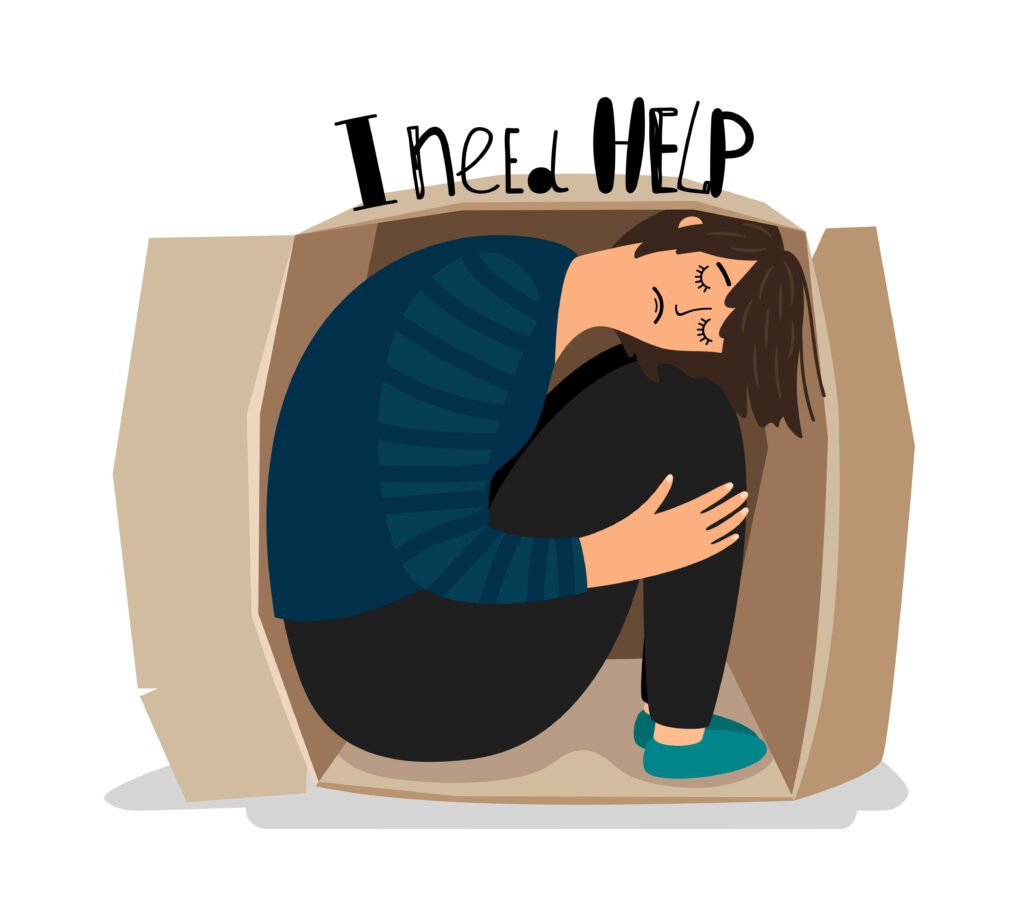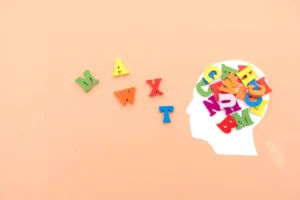Navigating Compassion Fatigue in the Digital Age: A Call to Prioritize Mental Well-Being
This article has been researched and written by Nayla Daou. AI has not been used in producing this article.
Amid the constant stream of information and images that flood our screens, the toll on our mental well-being can be profound, particularly when grappling with the atrocities we are currently witnessing in Gaza. Compassion fatigue, a silent intruder into our psyche, can gradually erode our capacity for empathy and leave us feeling emotionally drained and overwhelmed. This psychological phenomenon, heightened by the immediacy of social media, becomes especially poignant when examining its impact in the context of the Gaza violence.
As we explore the intricate relationship between compassion fatigue, social media, and mental health, this article aims to provide insight and actionable tips for folks interested in preserving their mental well-being.
Understanding Compassion Fatigue & the Impact of Social Media
Compassion fatigue is a psychological phenomenon stemming from the prolonged exposure to the suffering of others, particularly in the context of traumatic events. In the age of social media, this exposure is magnified, making us susceptible to its profound implications on our mental health. Constantly witnessing distressing images and narratives, especially through the pervasive reach of social media channels, can lead to emotional exhaustion. The relentless stream of traumatic content may induce a sense of depersonalization, wherein individuals feel detached or numbed in their emotional responses. Additionally, a diminished sense of personal accomplishment may emerge, as the overwhelming nature of the information may make one feel helpless.
Understanding these psychological dimensions is crucial for folks, particularly those in caregiving professions or frequent consumers of global news, to navigate the complexities of compassion fatigue and proactively protect themselves.
For those of us from regions affected by war & genocide, the impact of social media transcends mere exposure—it becomes a deeply personal and emotionally charged experience, a poignant reminder of personal histories and collective struggles. The virtual proximity to conflict zones, even through screens, can act as a trigger, awakening memories, fears, and a deep sense of powerlessness.
Social media, by virtue of its immediacy, intensifies the emotional connection, fostering a unique and often overwhelming sense of empathy.

Navigating compassion fatigue requires a mindful approach, especially in the digital age. Below are some tips to consider utilizing:
- Set Boundaries: Limiting social media exposure and designating specific times for news consumption empowers us to control the influx of distressing information, creating space for mental rest and recuperation.
- Practice Self-Care: Beyond the cliché, self-care consists of cultivating habits that replenish emotional reserves – be it through walks, mindfulness practices, or artistic pursuits.
- Community Connection: The power of community lies not only in shared pain but also in collective resilience. Open conversations within supportive circles can provide emotional release and reinforce a needed sense of shared humanity.
- Seek Professional Support: Therapy offers a dedicate space for individuals to process emotions and develop coping strategies, serving as a valuable resource in navigating the complexities of compassion fatigue.
As a final note, engaging in informed activism not only channels empathy into meaningful action but also provides a constructive outlet for those seeking to contribute positively to the global narrative, including individuals dealing with anxiety. With a heavy heart, we recognize the devastation and deeply grieve for the innocent lives senselessly lost in Palestine. This article aims to shed light on ways all of us affected by the atrocity can better take care of ourselves so as to continue enduring in the face of tragedy. When every update carries the weight of the world, let us remember that, in caring for ourselves, we are better equipped to care for others.
Article prepared by Bruna Moubarak.
Famous People with Dyslexia
Representation matters especially when there is a stigma around dyslexia and learning disabilities in general …
Third Culture Kids: Growing Strong Roots in a Mobile World
In a city like Dubai, it is not unusual to meet a child who has already lived in three countries, attended four different …
What Can I Do If Someone Is Bullying Me at School?
If someone keeps being mean to you, teasing you, hurting you, or leaving you out on purpose, this is called bullying…
Micro-Recovery: TraumaInformed Coping Tools Adults Can Use in Daily Life
Our nervous system is under constant pressure and stimulation. When you add the layer of …
Did You Know – Joyful Memories Can Be a Source of Pain?
I can’t count the number of clients who tell me: “Why does my brain only bring back negative thoughts?” – let’s explore
What Really Happens Behind the Door of Couples Therapy?
Couples don’t usually come to therapy because they stopped caring about each other – they …







